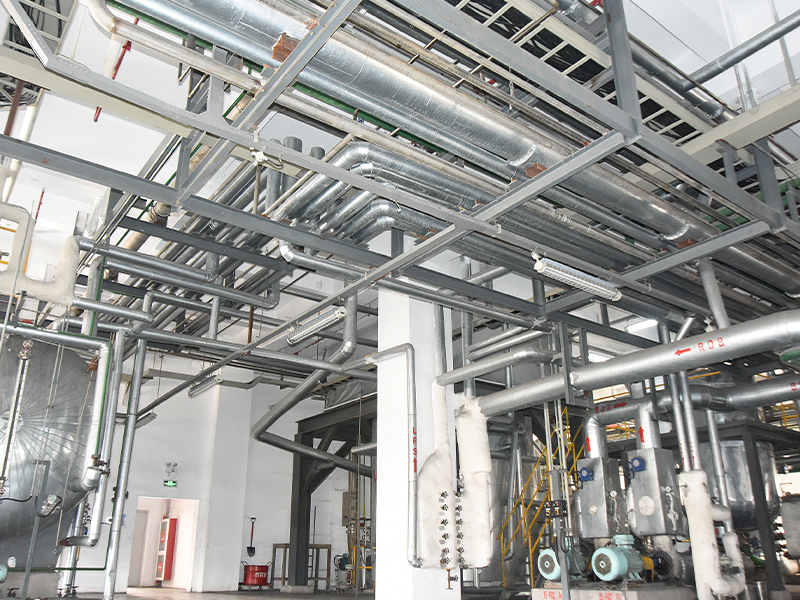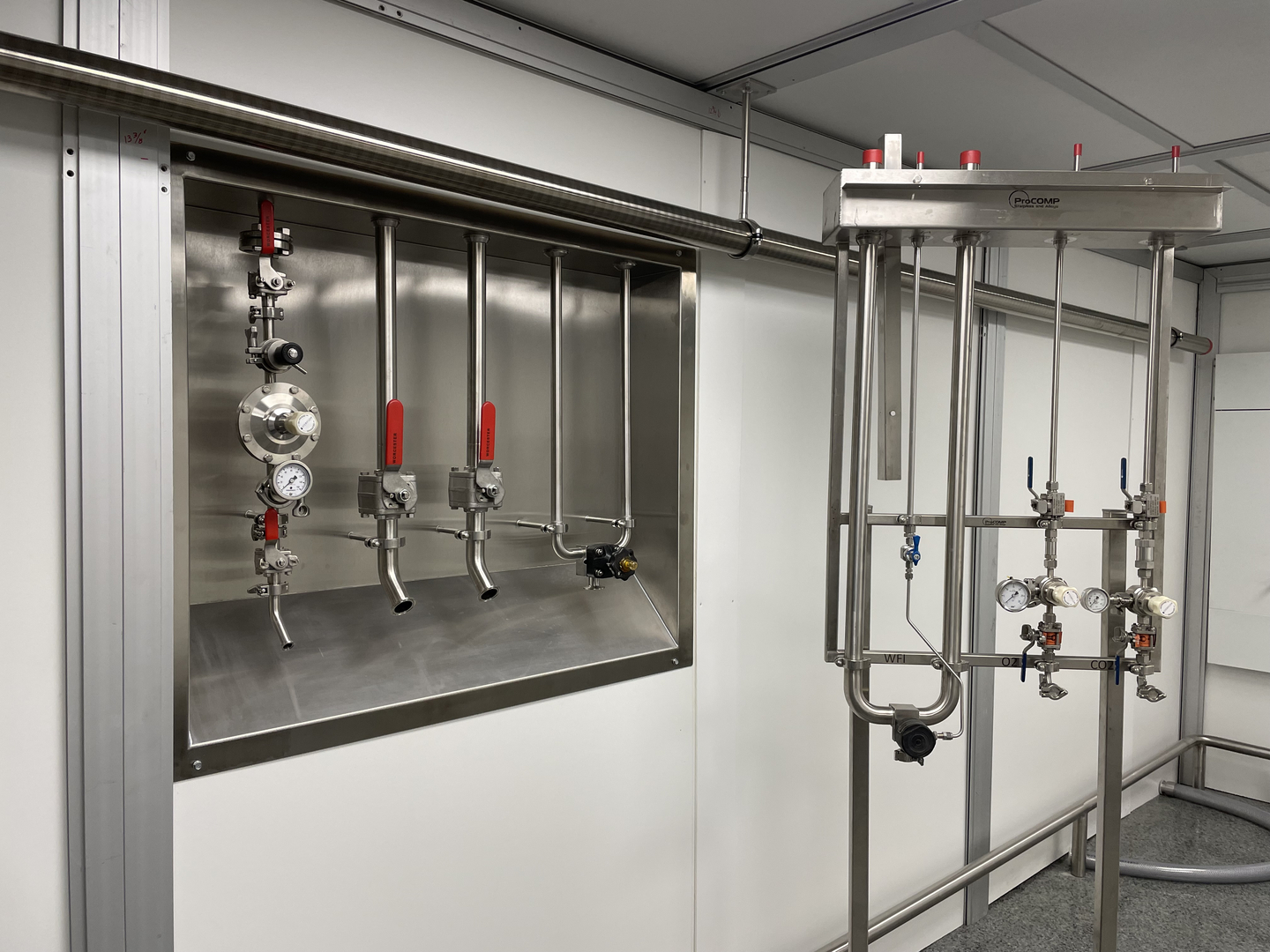The duration and frequency of use have significant impacts on the performance and maintenance needs of an air shower system. Here’s how:
1. Performance Impact
Contamination Levels: Frequent use of an air shower system increases the likelihood of contaminants being introduced into the environment. Over time, this can affect the system’s ability to effectively remove particles from users or items. The air filters and nozzles may become clogged or less efficient, leading to reduced performance.
Airflow Consistency: Continuous or high-frequency use can cause wear and tear on the system’s components, such as fans and nozzles. This wear can affect the consistency of airflow, reducing the system's effectiveness in achieving uniform air pressure and velocity.
Efficiency of Removal: If an air shower is used frequently, the buildup of contaminants on the filters and surfaces may lead to diminished air velocity and pressure. This can compromise the system's ability to effectively remove particles and contaminants.
2. Maintenance Needs
Increased Cleaning Requirements: Regular use necessitates more frequent cleaning and maintenance of the air shower system. Filters, nozzles, and other components may need to be cleaned or replaced more often to ensure optimal performance.
Component Wear and Replacement: The components of the air shower, such as fans, filters, and sensors, are subject to wear from constant use. High-frequency use accelerates this wear, leading to a need for more frequent inspections and replacements.

Filter Replacement: Air filters are crucial for capturing contaminants, and their effectiveness diminishes over time. Frequent use means that filters will clog more quickly, requiring more regular replacement to maintain air quality and system efficiency.
System Calibration: The system may need to be recalibrated more often with increased use to ensure that airflow and pressure remain within optimal ranges. This helps maintain consistent performance and efficiency.
3. Operational Efficiency
Energy Consumption: Increased usage can lead to higher energy consumption due to the need for more frequent operation of fans and other components. Proper maintenance helps ensure that the system operates efficiently, but high-frequency use can still result in higher operational costs.
Downtime: Frequent use and subsequent maintenance may result in more frequent downtime for the air shower system. Scheduled maintenance and quick repairs are necessary to minimize disruptions and maintain operational efficiency.
4. User Experience
Comfort and Effectiveness: The duration of each air shower session can affect user comfort. Longer sessions or higher frequencies may lead to discomfort if the system is not well-maintained or if airflow is inconsistent.
Compliance with Standards: For environments that require stringent cleanliness standards, such as pharmaceutical or electronics manufacturing, frequent use of the air shower must be matched with rigorous maintenance to comply with industry standards and regulations.
In summary, the duration and frequency of use of an air shower system directly influence its performance and maintenance needs. Frequent use can lead to increased contamination levels, reduced efficiency, and accelerated wear on components. Regular maintenance, including cleaning and replacing filters, recalibrating the system, and addressing component wear, is essential to ensure continued effectiveness and operational efficiency. Proper management of these factors helps maintain optimal performance and extends the lifespan of the air shower system.

 English
English русский
русский Español
Español





